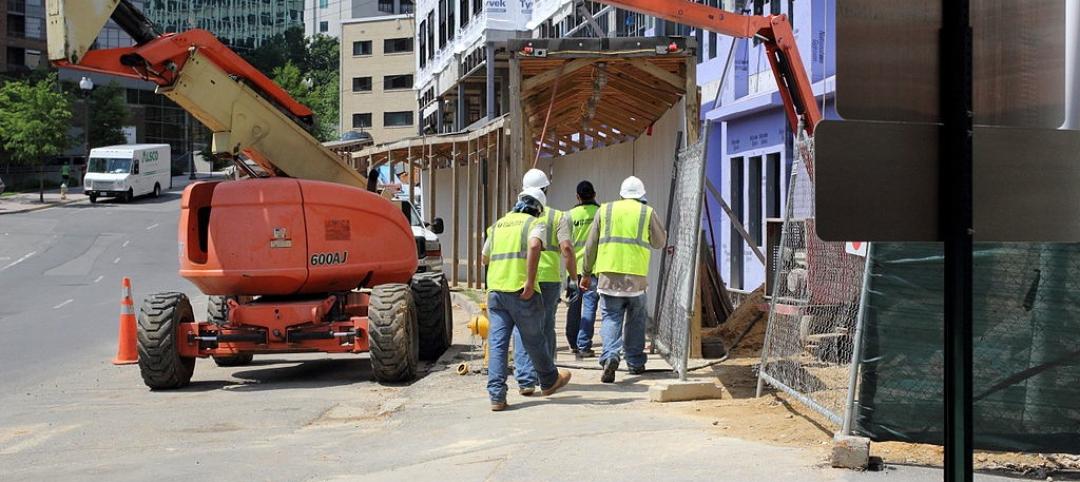Starting in June, California’s latest version of its Title 24 building code kicks in, requiring several systems come with demand response capability. Every new or retrofit thermostat, HVAC system, networked lighting controller, and building automation system in the state will have to be ready for two-way, automated utility-to-customer energy management. Non-residential building lighting systems will be required to have daylight-matching adjustment, dimming and demand response capabilities.
These devices and systems will be required to be “capable of receiving and automatically responding to at least one standards-based messaging protocol” to receive signals from utilities. There are a few standards that meet the requirement— OpenADR, SEP 2.0, and HomePlug.
OpenADR was developed by the California Energy Commission and Berkeley Labs. It offers tools to allow buildings and utilities to communicate about energy availability, price, and how buildings can execute and confirm actions to reduce power use.
These standards were enacted after the California Energy Commission identified flaws in the state’s approach to demand response in a 2013 report, including a failure to reach modest goals set in 2007 to reduce peak demand by 5%. The solution may come from a market-based program to encourage users to reduce demand during peak energy use periods. The new demand-response standards pave the way for this option.
Related Stories
| Jul 31, 2014
Cambridge, Mass., is latest locale to require energy usage disclosure
The City Council of Cambridge, Mass., approved the Building Energy Usage and Disclosure Ordinance (BEUDO) that requires benchmarking and disclosure of building energy performance for large commercial, institutional, and multifamily buildings.
| Jul 31, 2014
Stalled $1.5 billion Miami mixed-use redevelopment project advances
A long-delayed $1.5 billion mixed-use development in Miami moved ahead after city planners approved the project’s first phase.
| Jul 30, 2014
USGS updates National Seismic Hazard Maps
The U.S. Geological Service recently released an update of U.S. National Seismic Hazard Maps that reflect the latest analysis of where future earthquakes will occur, how frequently they may occur, and their strength.
| Jul 23, 2014
Fairfax County, Virginia toughens green standards
The Fairfax County Board of Supervisors recently strengthened its green building policy, requiring higher standards for residential, retail, office and other construction projects seeking approval for rezoning.
| Jul 23, 2014
Berkeley National Lab’s FLEXLAB is a test bed for energy efficient office design
FLEXLAB, short for the Facility for Low Energy Experiments, opened this summer at the Lawrence Berkeley National Laboratory.
| Jul 23, 2014
House passes 2015 GSA budget with 17% cut for new construction projects
The General Services Administration’s construction budget for fiscal year 2015 passed by the House this month includes cuts in both new construction and renovation/repairs compared to 2014.
| Jul 16, 2014
Coastal flooding increasing along East Coast, says report
An analysis of tidal levels and flood data by the news organization Reuters concludes that flooding has increased along the Eastern Seaboard over the past four decades.
| Jul 16, 2014
Local hiring requirement a tough challenge for new Detroit arena project
An agreement for a land transfer from the City of Detroit to Ilitch Holdings Inc., that enabled construction of a new arena for the Detroit Red Wings requires that 51% of the project’s construction workers must come from the city.
| Jul 16, 2014
Local hiring requirement a tough challenge for new Detroit arena project
An agreement for a land transfer from the City of Detroit to Ilitch Holdings Inc., that enabled construction of a new arena for the Detroit Red Wings requires that 51% of the project’s construction workers must come from the city.
| Jul 16, 2014
Massive $6.5 billion Silicon Valley development gets key city approval
The Santa Clara (Calif.) City Council approved the next steps for a massive development project next to Levi’s Stadium, the new home of the San Francisco 49ers.












